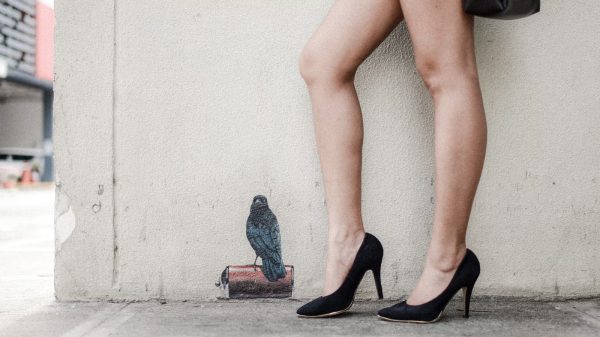For certain crimes there is a tendency to blame individuals for their victimization, and previous work has shown that affective states can impact blame attribution. Drawing upon this, a research doing two studies eyed to examine the relation between affective disgust and victim blame attribution.
The research – “Affective disgust predicts blame for gay male homicide victims” by Elizabeth A. Quinn, Allison L. Skinner-Dorkenoo, and James E. Wages III – appeared in the Journal of Applied Social Psychology.
In Study 1, the researchers found that as participants’ (N = 203) level of implicit disgust associations with gay men increased, their tendency to blame a gay male homicide victim also increased, whereas their agreement that the homicide qualified as a hate crime decreased.
In Study 2, disgust was experimentally induced by exposing participants (N = 431) to disgusting (e.g., vomit, insects) or neutral images (e.g., mug, stapler). The researchers found that inducing disgust increased victim blame and decreased perceptions that the homicide constituted a hate crime.
However, according to the researchers, exploratory mediation analyses in both studies showed that the impact of disgust on hate crime applications is best explained as an indirect effect of victim blame.
“Taken together, these findings suggest that both individual differences in implicit gay-disgust and situational feelings of disgust may underlie people’s perceptions of how blameworthy a victim is for the crime committed against them,” the researchers stated.




































































